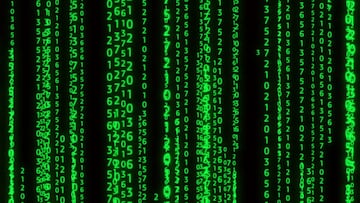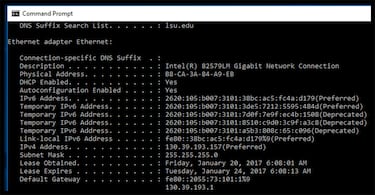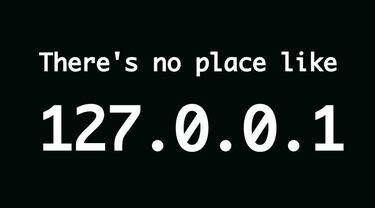What is my IP: How to know your address, what it is for and what it means?
Like in real life, you need to know which addresses are important on the Internet. While some are pretty clear, others, like the IP, can seem like just numbers.

If you’ve read the Internet joke “There’s no place like 127.0.0.1.” and didn’t laugh, don’t worry, we’re here to explain the basics of what an IP address is.
What does IP stands for and what it is used for?
Your Internet Protocol (IP) address is like your digital street address. It’s a unique number assigned to your device when you connect to the Internet, allowing computers and servers to find and communicate with you. This number is a critical part of how the Internet works and helps ensure that your online activities end up in the right place.
There are two main types of IP addresses: public and private. Your public IP address is what the outside world sees when you connect to Web sites or other online services. This address is usually assigned to you by your Internet service provider (ISP). Private IP addresses, on the other hand, are used within your home network. They allow your devices, such as computers, smartphones, and smart TVs, to talk to each other without going outside your local network.

How to find my public IP Address?
To find your public IP address, simply type “What is my IP” into a search engine. The search results will usually display special websites that can give you this information with a single click. Why is this important? Knowing your IP address can be useful when you’re troubleshooting network problems or setting up certain Internet-based services. This can also be accessed in the
Your IP address can also provide some basic information about your location, such as your country or city, but it’s not precise enough to pinpoint your exact address. This information is used by websites to deliver localized content or for security purposes, such as detecting suspicious activity.
Related stories
So why is your IP address important? In addition to helping you connect to the Internet, it also plays a role in ensuring secure communications. But because it can be linked to your location and online activity, it’s a good idea to be careful about sharing it publicly. Using a virtual private network (VPN) is one way to mask your IP address, adding a layer of privacy and security to your online activities.

Well, in the end, “127.0.0.1″ can be considered “home” because it is the IP address that computers use to refer to themselves. There’s the punchline.


Complete your personal details to comment